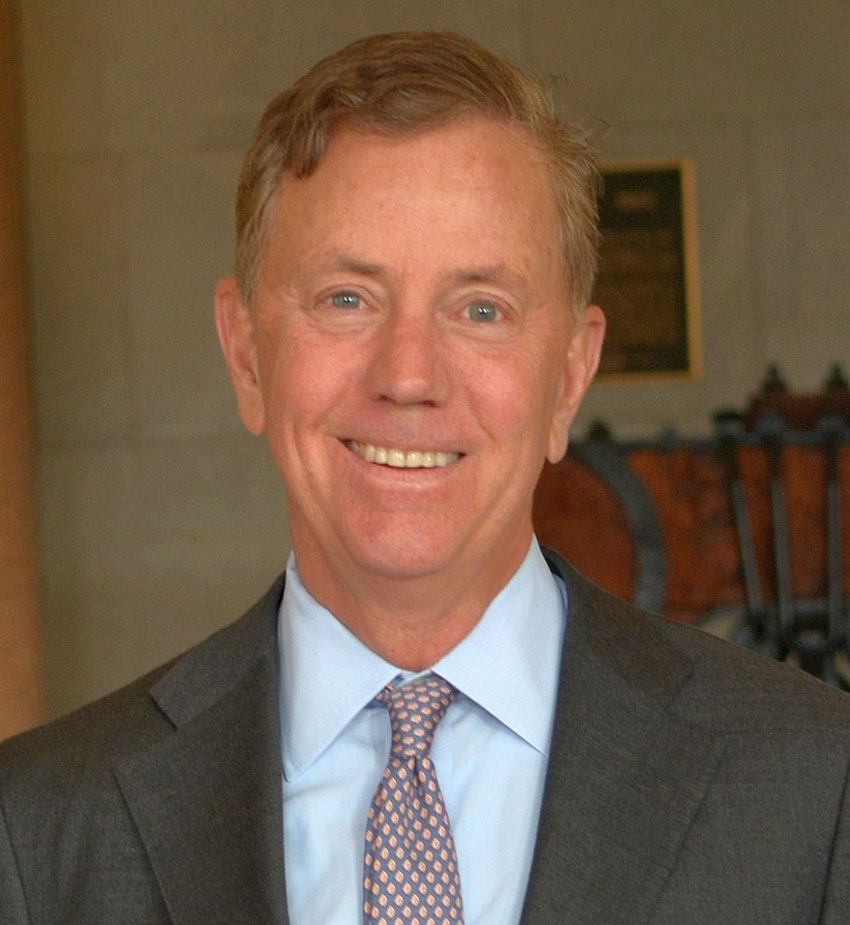
July 30, 2020; Hartford Courant
For some obscure reason, even as the infection and death rates are on the upswing across the United States, bringing with them a dim view of the immediate economic prospects for the many, Connecticut Governor Ned Lamont (D) has decided that if your nonprofit has received a PPP loan, then it should not be eligible for any other COVID-19 relief funds.
And, oddly, this is the second time in less than a year that Lamont has inexplicably decided that making life difficult for the state’s nonprofits is a good idea.
“The state has decided that providers that received PPP loans may not receive CRF [Coronavirus Relief Funds],” Scott McWilliams, chief fiscal officer, wrote. “Therefore, DDS [Department of Development Services] will ask providers to report how much they have received in PPP loans and will recoup CRF payments from any provider that received PPP.”
Lamont seems generally confused about the nature and purposes of the PPP loans. On July 9th he remarked, “One more time I’ll tell you about the PPP loans, the Paycheck Protection Program. It’s a little like the 40 acres and a mule. It’s really a big giveaway that the federal government has done for good purpose I would say.” This, as many of us might imagine, did not go over well.
Lamont’s remarks have thrown the state’s nonprofits into a tailspin and, in another unusual turn of events, it is the Republicans in the state senate who are strongly objecting by way of a letter of protest. “This policy penalizes the very same people we all recognize are heroes, simply because they received unrelated federal funding that their organizations were entitled to in order to hold them over and pay for unrelated expenses,” the 14 Republicans in the state Senate wrote in their two-page letter to Lamont.
Sign up for our free newsletters
Subscribe to NPQ's newsletters to have our top stories delivered directly to your inbox.
By signing up, you agree to our privacy policy and terms of use, and to receive messages from NPQ and our partners.
“Your administration’s new policy not only penalizes nonprofit providers and frontline workers for doing everything right, it also breaks promises made to provide additional funding. Many nonprofits were notified by the state of anticipated Coronavirus Relief Funds they were expected to receive. They used those numbers provided by the state to budget for expensive items, such as tele-health equipment, temperature-taking equipment, PPE [personal protective equipment] supplies and renovations to make their facilities that provide essential services comply with social distancing requirements. To backtrack and deny the funds these nonprofits were counting on leaves them vulnerable and struggling.”
“The Paycheck Protection Program was never intended to be a be-all end-all relief program,” the senators wrote. “Especially for nonprofit providers, which have extremely high expenses related to the pandemic and the costs of personal protective equipment not covered by PPP grants, additional relief was always needed to help them afford these lifesaving items and cover other costs. Federal funding has been made available, and they are entitled to receive assistance.”
Under the new state policy, Gian-Carl Casa said, “Providers will be required to refund money to the state, a decision that if implemented, will financially devastate providers across the state.”
“It appears this policy will be applied to every state contract,” said Casa, a former state budget official who now serves as chief executive officer of The Alliance, the Connecticut nonprofit trade association. “But we must be clear — if nonprofits are arbitrarily denied federal and state support during this pandemic, regardless of revenue losses or other increased costs due to COVID because they got federal loans to pay their employees, they will not be able to make ends meet. Nonprofits that provide vital human services will close their doors and the state will lose its safety net.”
She adds, “Community nonprofits urge the governor not to implement this recoupment for any providers. The people who will be hurt are Connecticut’s most vulnerable and those who serve them.”—Ruth McCambridge













